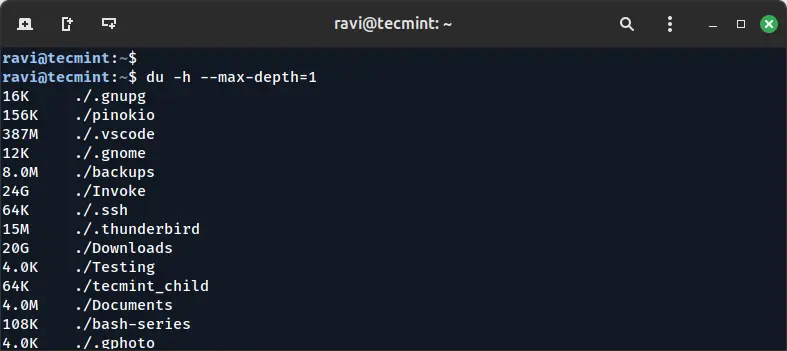In this article, we shed light on some underappreciated Linux commands that can vastly improve your productivity on the command line. These hidden gems will empower you to manage your Linux system more effectively. If you’re a seasoned Linux user eager to enhance your toolkit, these commands are certainly worth exploring.
Quick Text Substitution: Using the ^foo^bar Command
Have you ever entered a command, only to notice a minor typo? Instead of retyping the entire command, utilize the ^foo^bar syntax for effortless text substitution. This command replaces the first occurrence of foo in your most recent command with bar, presenting a quick and efficient solution to minor errors.
echo Hello foo Hello foo ^foo^bar Hello bar
Effortlessly Overwrite Files with > file.txt Command
Need to quickly clear a file’s contents? The command > file.txt achieves this by overwriting the specified file without opening it, making it a handy shortcut for resetting file content.
> file.txt
Schedule One-Time Tasks Using the at Command
The at command is invaluable for scheduling one-off tasks. Unlike cron jobs, which are intended for recurring tasks, at allows you to run a command at a specific time just once. For instance, to schedule a task at 3:00 PM:
at 3pm > echo "Time to backup files" >> backup.log
Check Disk Usage with du -h –max-depth=1 Command
For a quick overview of your directory sizes, leverage the du command with the -h (human-readable) option and --max-depth=1. This command allows you to efficiently assess disk usage without getting bogged down by excessive details.
du -h --max-depth=1

Perform Arithmetic with the expr Command
The expr command offers a straightforward method for evaluating expressions or conducting arithmetic operations, including addition, subtraction, multiplication, and string manipulation. For example, to execute a simple addition:
expr 5 + 3 8
Search for Words in Files with the look Command
Want to find words that start with a specific prefix? The look command is your go-to tool for this purpose. It allows you to search a dictionary or file for words beginning with a specified string, making it ideal for quickly locating relevant terms.
look hel hello help helper
Automate Responses with the yes Command
The yes command prints a specified string repeatedly, making it useful for automatically answering prompts or conducting tests. For instance, to respond with “y” to prompts:
yes y y y y
Find Prime Factors with the factor Command
Need to determine the prime factors of a number? The factor command provides a quick solution, breaking down numbers into their prime components with ease. For example:
factor 18 18: 2 3 3
Modify Ping Intervals with ping -i 60 -a IP_address Command
The ping command, often used to check host availability, can be customized to send pings at specific intervals, complete with audible notifications for successful pings. Use the -i option to designate intervals and -a to enable sound notifications:
ping -i 60 -a 192.168.1.1
Use tac Command to Reverse File Contents
The tac command operates similarly to cat, but it presents file contents in reverse order. This feature is particularly useful for quickly reviewing the last lines of a log file without scrolling through the entire document.
tac myfile.txt
There you have it—a selection of lesser-known Linux commands that can enhance your command-line experience. Integrating these into your daily operations will help you work more efficiently and effectively in your Linux environment.
Frequently Asked Questions
1. How can I view all available Linux commands?
You can view a comprehensive list of available commands by typing compgen -c in your terminal. This command lists all commands accessible in your current shell environment.
2. Are these commands available on all Linux distributions?
Yes, these commands should be available on all major Linux distributions. However, their specific usage may vary slightly depending on the distribution version and shell used.
3. Can these commands improve my Linux scripting skills?
Absolutely! Mastering these commands can enhance your scripting skills by enabling you to write more efficient and powerful scripts tailored to automate tasks and manage your system effectively.


